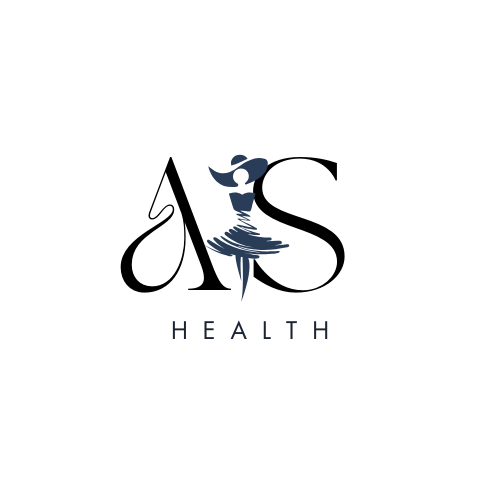The Compliance of Pregnant Women Towards Iron and Folic Acid Supplementation While Visiting the Hospitals
Supplementary intake of iron and folic acid is crucial for mothers and the unborn child. This is because the two supplements are critical in the prevention of anemia and also neural tube defects; both of which would have serious implications on the health of both the mother and the fetus. This article seeks to understand the attitude, knowledge and practices of iron and folic acid supplementation among pregnant women who seek medical attention at the hospitals with a focus on the determinants of compliance and the needed for improvement of maternal health.

Iron and Folic Acid Supplementation: Need for Information
Iron: Iron is a key nutrient in the production of hemoglobin blood which is responsible for the oxygen supply in the body. More so, greater amounts of blood and the fetus itself means pregnant women would need more iron. Low levels of iron would lead to symptoms like anemia and fatigue which would lead to birthing complications both for the mother and child.
Folate: Folic acid also commonly referred to as folate is extremely important in the first trimester of pregnancy for the development of the fetal neural tube. Consuming adequate amounts of folic acid reduces the risk of developing neural tube and other defects, hence why it is vital for the overall health of both the mother and the unborn child.
Awareness of Iron and Folic Acid Supplementation
The degree of knowledge concerning supplementation of iron and folic acid among expectant mothers differs. The important aspects of knowledge contain
- Recommended Dosage and Timing: Knowing the specific amount of the supplement and the time to take the supplements correctly is vital in making the most of the advantages of the supplementation. Ignorance in this aspect creates more harm than good since its application would be inappropriate and inefficient.
- Consequences of Deficiencies: The knowledge regarding the aspects such as the risks of anemia and neural tube defects resulting from the deficiencies in iron and folic acid can give the reason to pregnant women to be compliant with the supplementation.
- Food Sources: Pregnant women can also be more aware of food sources of iron and folic acid that can be used to supplement their intake in conjunction with supplementation.
Attitudes Towards Supplementation
A woman’s absence of negative attitude towards the use of iron and folic acid supplementation positively helps her compliance to intake of the supplements. The sources of such positive attitudes may derive from:
- Cultural or Personal Beliefs: Individual or social beliefs about pregnancy and health in general may prompt women to seek medical advice, especially when supplementation is deemed appropriate for the well-being of both the mother and the fetus.
- Healthcare Provider Recommendations: Endorsements by healthcare providers are expected to increase the likelihood of adherence as women tend to trust and follow medical advice.
- Awareness of Benefits: A belief in positive outcomes of supplementation such as defeat of anemia or ensuring fetal health, and having fetal development would be optimal for a consistent use of supplementation.
On the other hand, negative attitudes can also arise out of:
- Misconceptions About Side Effects: Some women may avoid supplements because of fears of suffering side effects that the medicine may bring about, such as nausea or constipation.
- Lack of Trust in Medical Advice: Women with a disbelief in the medical directives that they receive are unlikely to adhere to the recommendations for supplementation of which their addition would have been helpful.

Practices Related to Supplementation
Iron and folic acid supplementation is a best practice fundamental to achieving best health status during the pregnancy period. There are several aspects that affects the compliance to supplementation practices:
Availability: Women being able to obtain and use the supplements as prescribed is affected by their presence in the health centers, pharmacies and community programs. Where there is limited availability of supplements, the likelihood of poor compliance is high.
Education: Pregnant women or women planning to be pregnant who have been made cognizant of the supplement’s effects and benefits in an advertisement have been found to comply more with the recommended augmentations.
The Role of Healthcare Providers and Family: Elderly patients and relatives receive encouragement from healthcare professionals which assists them in adhering to the supplement intake. An atmosphere conducive to support makes more realistic the chances of regular intake of supplements.
Conclusion
Iron and folic acid supplementation is essential in preventing adverse maternal and fetal outcomes and knowing the factors determining adherence to supplementation is the first step towards improving outcomes. Knowledge, attitudes, and practices regarding supplementation are synergistic. Adequate level of education and awareness can in fact enable healthcare providers advocate for supplementation interventions among pregnant women and correct their misconceptions and promote desirable behaviors. In addition, making the supplements available and creating a conducive environment are important measures that can help to increase compliance and enhance the health of both mothers and children. This entails the use of specific programs and enhanced healthcare support to demonstrate the impact of iron and folic acid supplementation in averting maternal and fetal adversities.

